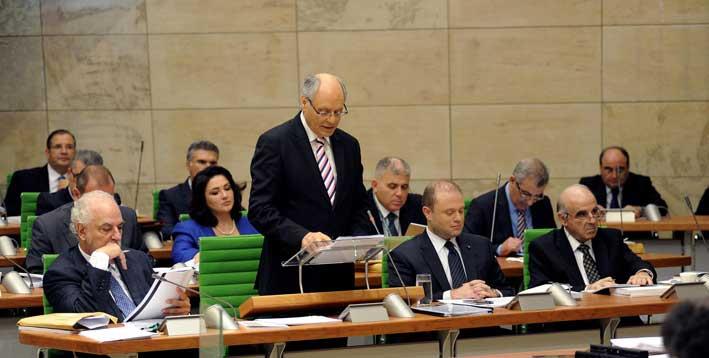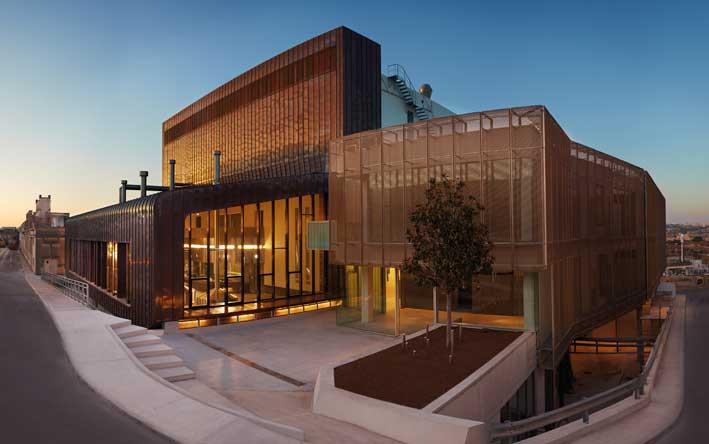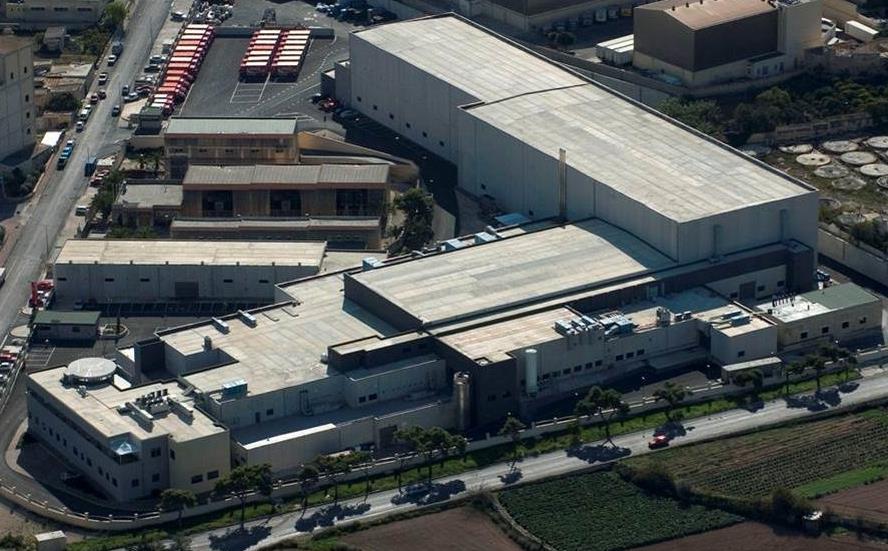Malta’s two biggest beverage producers are seeking “urgent clarification” from the government over the announcement that the eco-tax on plastic bottles and metal cans will be replaced by a higher excise tax.
The announcement, made by Finance Minister Edward Scicluna in the budget speech was interpreted to mean that the country would move from an environmental tax on packaging to a more direct tax on the products themselves.
Professor Scicluna said the eco-contribution would be replaced by an excise tax on products that contributed to pollution or that are difficult to dispose of. It would send out a strong environmental message and battle abuse, he said. The new tax applies for chewing gum, plastic bags and beverage containers.
Tables included in the budget speech show, for example, that an excise tax of €1.93 will have to be paid on every 100 litres of beer. Before, an eco-contribution of 2 cents per bottle/can applied.

The tax also applies to products containing beer mixed with non-alcoholic ingredients, wine, fermented beverages, intermediate products and spirit based flavoured beverages of an alcoholic content.
In the case of water and fruit juices, the 2 cent per bottle €0.02 per bottle eco-contribution tax is being replaced by an excise duty of €0.05 per litre. In the case of water products which have added sugar or sweeteners, the 2 cents per packet eco-contribution is being replaced with an excise duty of €20 per 1000 litres.
The Malta Independent sent questions to Simonds Farsons Cisk and General Soft Drinks asking them how the planned excise tax increase would affect their business and if the rise in costs would be absorbed by their customers.
Farsons produces several products including the Cisk, Hopleaf and Blue Label range of beers, Pepsi, Kinnie and 7up fizzy drinks as well as San Michel water. It also represents a number of foreign brands, including Carlsberg, Budweiser, Skol, Corona, Guinness, Woodpecker, Strongbow, Tropicana, Red Bull, Perrier and Ribena.

General Soft Drinks produces Coca Cola, Sprite, Fanta and Dr Pepper soft drinks and Kristal water and imports and distributes beverages such as Stella Artois, Heineken and Bavaria beers, Monster energy drinks, Nestea and Powerade.
In comments to this paper, Norman Aquilina, the Group Chief Executive of Simonds Farsons Cisk said the company was seeking answers from the government. “We are currently seeking urgent clarification from Government as a number of key questions need to be answered. Shifting an intended environmental tax from the package to the product is fundamentally wrong, indeed counter-productive. The solution should have been directed towards more effective enforcement on businesses fulfilling their waste packaging recovery obligations - thereby ensuring a better levelled and equitable arrangement amongst all businesses in response to ones’ environmental responsibilities - and not increase in excise which is going to result in an additional cost for law-abiding businesses without addressing the significant shortfalls in enforcement along with some remaining legitimate environmental concerns.”

A spokesman for General Soft Drinks also said the company was unable to comment as it was currently seeking clarifications. Beverage producers told us they are seeking clarifications on the replacement of the eco-contribution on beverages with a higher excise tax.
This paper also sent questions to the Finance Ministry asking it whether the new excise tax would lead to an increase in consumer prices. We also asked why the tax on wine was being raised seeing that the product is generally sold in glass bottles, rather than plastic or metal, and how much the ministry was expecting to pocket out of the measure. These questions remained unanswered by the time of going to print.